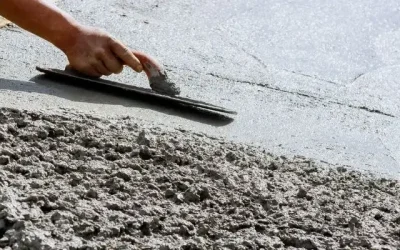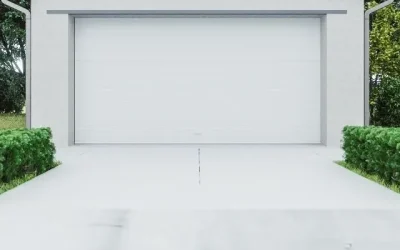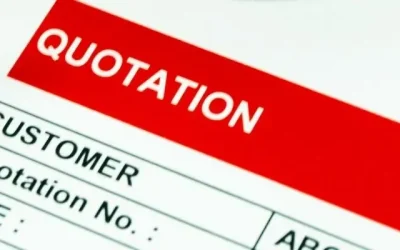If you’ve ever walked up to a home and admired how the steps seemed to fit with the house and garden perfectly, you’ll know how much they can lift a property’s look. That’s especially true for homeowners in Brisbane, where summer storms can roll through one day and bright sunny days the next, making it important to choose outdoor steps that can handle the changing weather while still looking great. The right style of steps can make your home feel more welcoming, safer to use in all seasons, and perfectly in tune with the surrounding landscape.
In this guide, we’ll explore the most popular outdoor step materials for Brisbane’s Northside homes, looking at pros and cons of each so you can choose the perfect match.
Concrete Steps
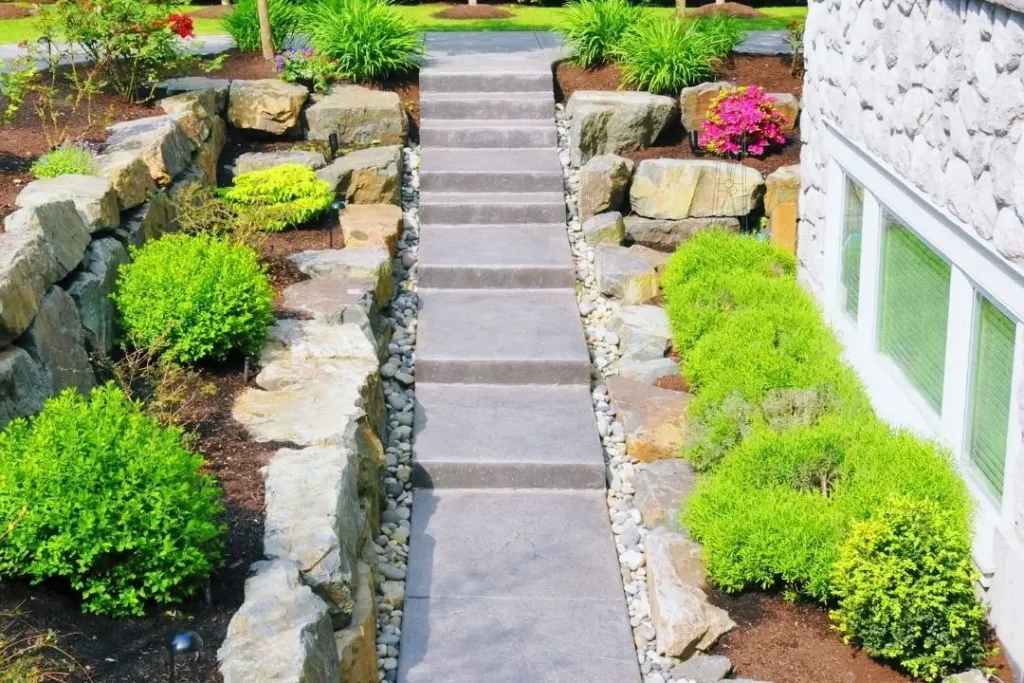
Concrete is a practical and versatile choice that suits a wide range of Brisbane Northside homes. It’s especially popular in newer estates and modern brick builds since its clean and contemporary finish works well with landscaped gardens. Concrete steps can also be a smart choice for homes with sloped driveways or multi-level yards, offering safety and strength.
Pros:
- Extremely durable and can last for decades with proper installation
- Versatile in appearance, can be left plain, coloured, or finished with decorative textures or stencils
- Handles Brisbane’s heat and rain well when sealed correctly
- Often more cost-effective than premium materials like stone
Cons:
- May develop cracks over time, especially if the ground shifts or drainage is poor
- Needs sealing to protect against stains and water damage
- Can look plain without decorative finishes
Timber Steps
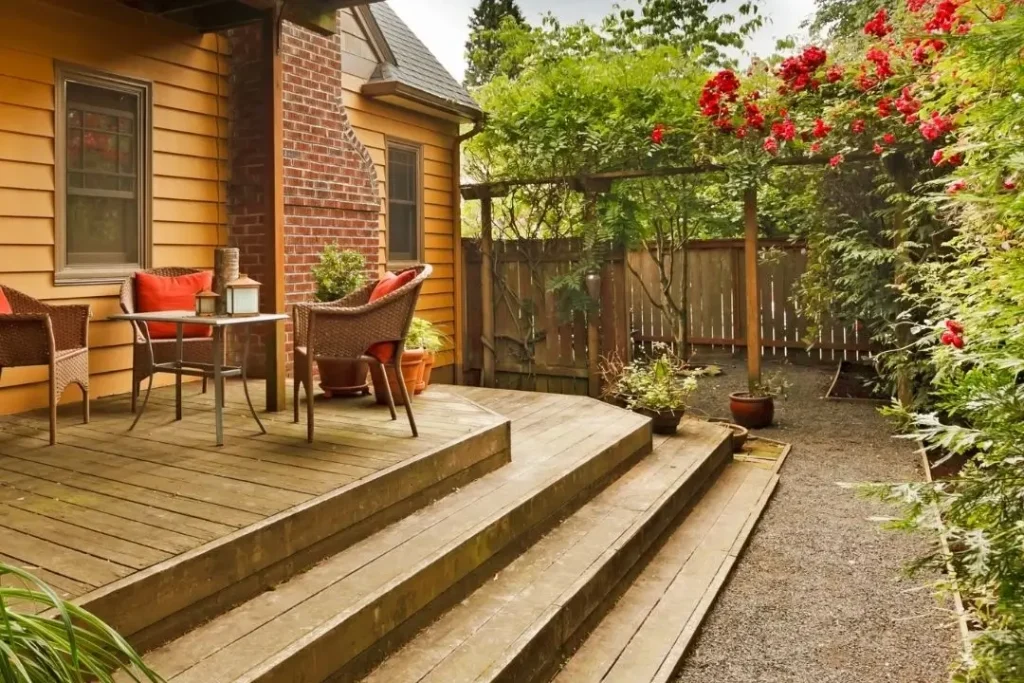
Timber steps are a natural choice for the many character and Queenslander-style homes across Brisbane’s Northside. They blend beautifully with weatherboard facades, wraparound verandahs, and leafy gardens, which are common in areas like Sandgate and Ashgrove. The warm, organic texture of timber can soften the front of a property and create a welcoming feel, especially when paired with matching decking or balustrades.
Pros:
- Complements the heritage and traditional-style homes
- Affordable upfront cost compared to premium materials
- Easy to customise for unique shapes or designs
Cons:
- Needs regular sealing or staining to prevent rot and keep it looking fresh
- Vulnerable to termites and rot
- Can become slippery when wet or grow mould in shaded areas
Stone Steps
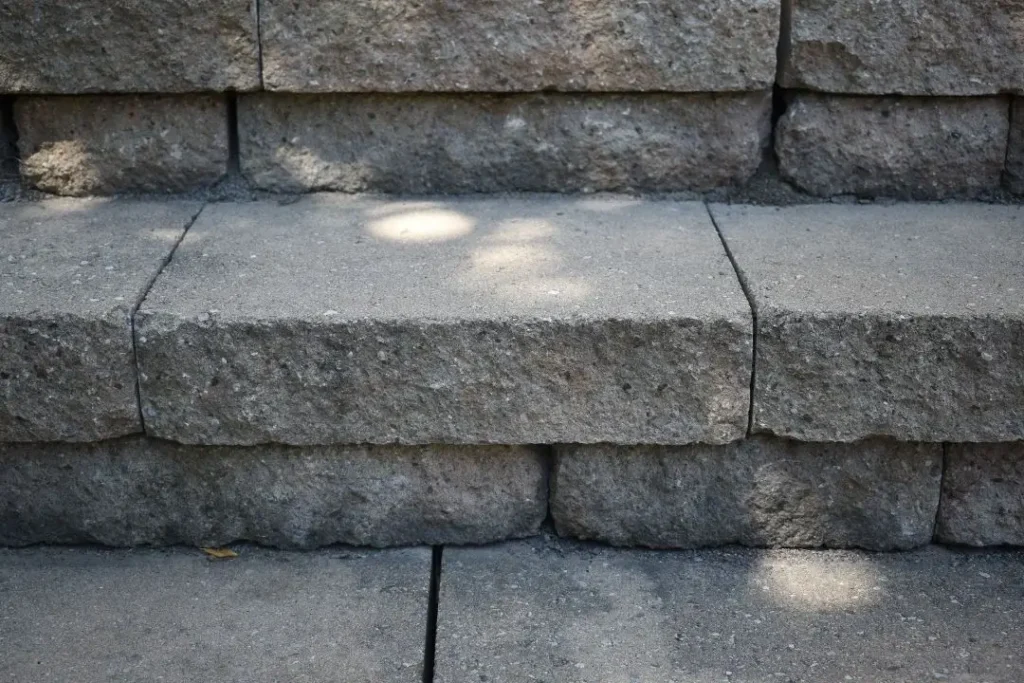
Stone steps bring a timeless, premium feel that works beautifully in landscaped gardens and high-end outdoor spaces. They are a favourite for properties with classic architecture and manicured lawns. The natural texture of stone pairs well with lush greenery and can add an elegant focal point to your front entry or backyard pathway.
Pros:
- Elegant and timeless appearance
- Highly durable with excellent slip-resistance when textured stones are utilised
- Complements a wide range of garden and home styles
Cons:
- Higher upfront cost compared to many other materials
- Heavy material that requires heavy-duty machinery and professional installation
- Some stones need sealing to protect against staining.
Composite Steps
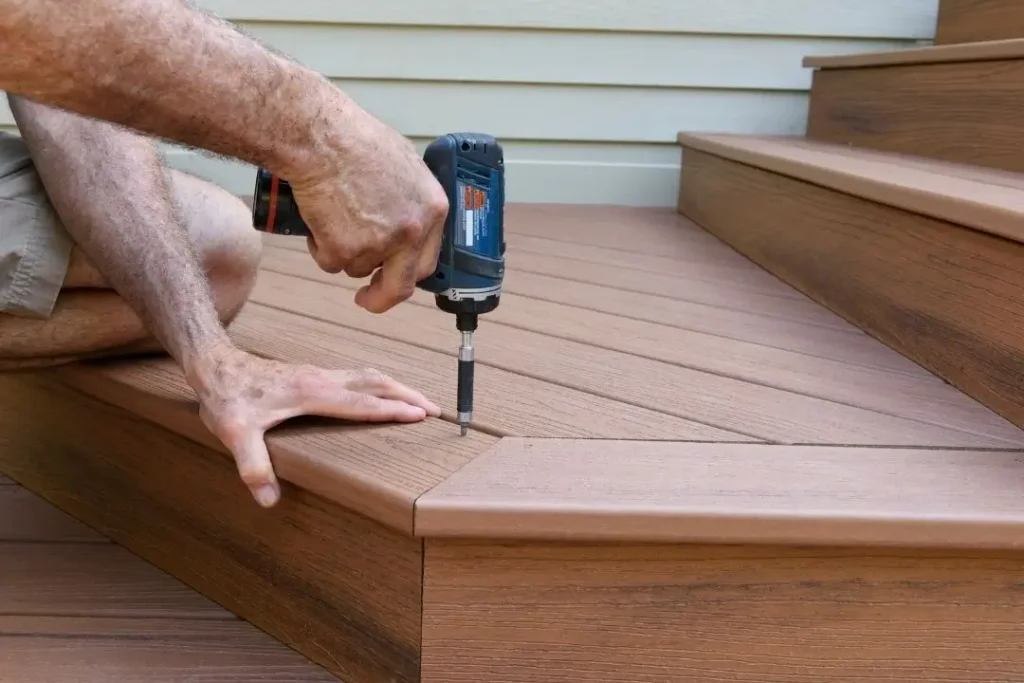
Composite steps offer the look of timber without the ongoing maintenance, making them a great option for busy homeowners. They are popular in modern Northside suburbs, where low-maintenance living and contemporary finishes are often a priority. Made from a blend of recycled plastics and wood fibres, composite materials are designed to withstand Brisbane’s heat and humidity without warping or rotting.
Pros:
- Low maintenance with no need for staining or sealing
- Resistant to termites and rot
- Holds colour well in strong sunlight
- Modern and tidy appearance
Cons:
- Higher upfront cost than timber
- Can become hot under direct sun
- Less flexibility for custom shaping compared to timber
Metal Steps
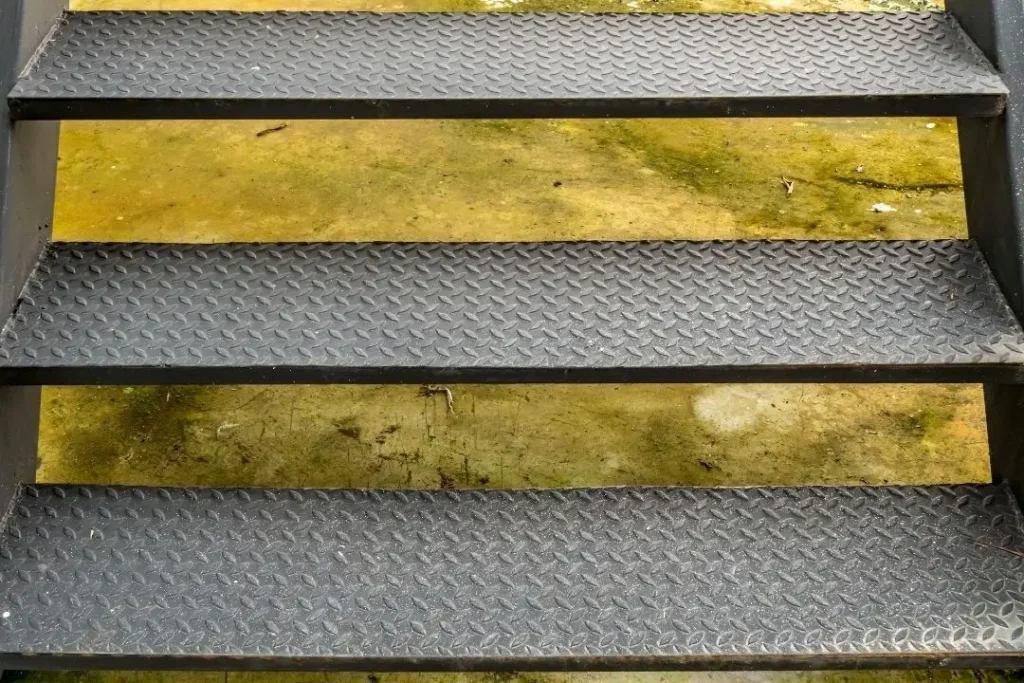
Metal steps suit homes with modern or industrial style and are often chosen for raised decks, balconies, or fire escapes. You will often see them in townhouse developments or renovated urban homes. Metal can be paired with timber or composite treads to soften the look while keeping a strong structural base.
Pros:
- Strong and long-lasting
- Slim profile that works well in smaller spaces
- Can be combined with other materials for a custom look
Cons:
- Can rust if not treated or maintained
- Slippery when wet unless non-slip finishes are added
- Heats up quickly under full sun
Tiled Steps
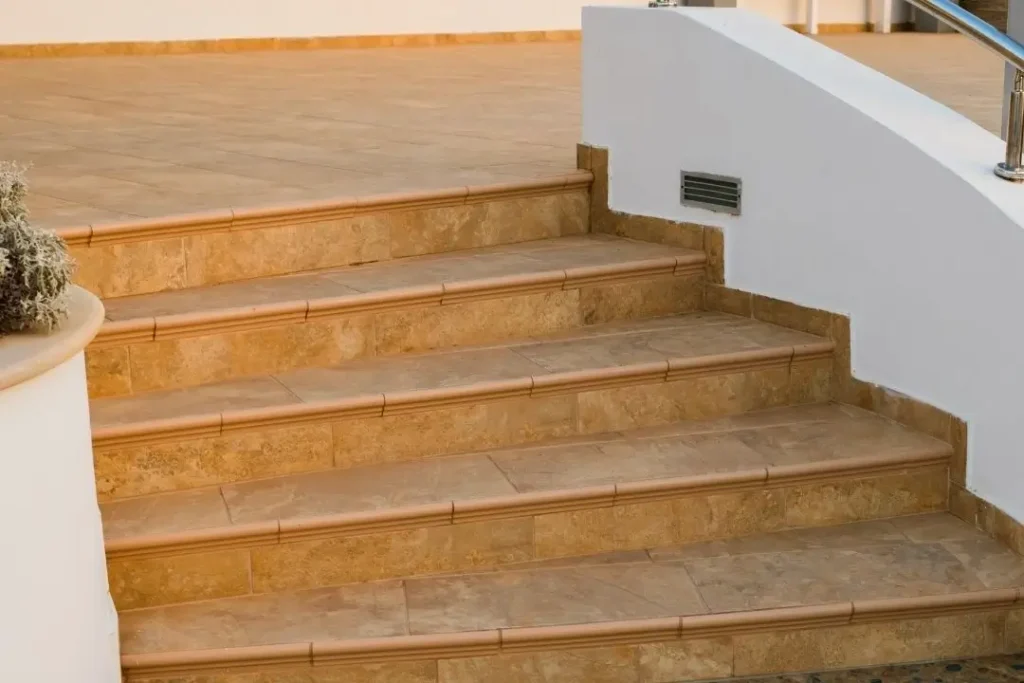
Tiled steps can transform a plain set of stairs into a stylish feature that ties in beautifully with your home’s exterior. They are often used in contemporary homes and Mediterranean-inspired designs where homeowners want a polished, high-end finish. With so many colours, patterns, and textures to choose from, tiles can complement almost any home style when installed over a strong concrete base and installed by a professional outdoor tiler.
Pros:
- Wide range of design options to suit different styles
- Easy to clean and maintain
- Adds a polished and high-end finish
Cons:
- Slippery when wet unless non-slip tiles are used
- Grout lines require periodic cleaning and sealing
- Tiles can crack or chip easily compared to other materials
Bricks or Paver Steps
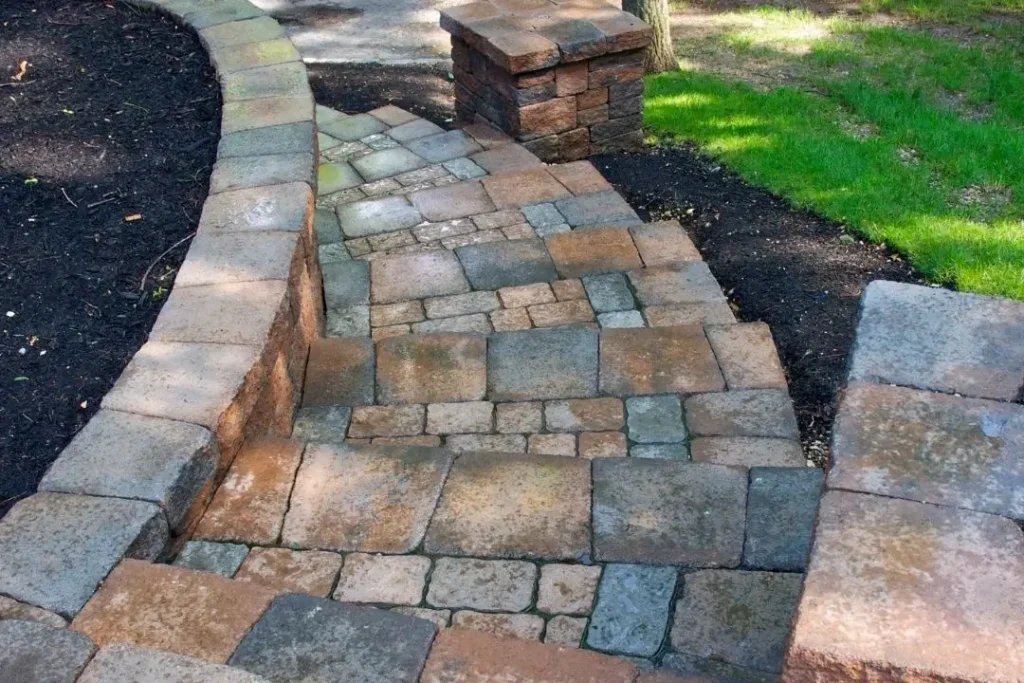
Bricks or pavers bring a classic, timeless look that works well in many garden and landscape designs. You will often see them leading up to porches or garden paths of homes that already have rich brickwork and established greenery. Textured pavers provide excellent grip underfoot, and the variety of colours and patterns makes it easy to match your home’s exterior.
Pros:
- Classic look that suits a wide range of landscaping styles
- Naturally slip-resistant, especially with textured finishes
- Easy to repair by replacing individual bricks or pavers
Cons:
- Can sink or shift over time if not laid on a solid base
- May need weed control between gaps
- Limited colour range compared to tiles
Key Factors to Consider Before Choosing a Material
Before deciding on a material for your outdoor steps, think about how it will perform in Brisbane’s climate. Heat, humidity, and heavy rain can all affect how safe and durable your steps will be over time. Non-slip finishes are especially important during wet weather when surfaces can become slick. It’s also worth considering how much maintenance you are prepared to take on. A composite or concrete step might only need occasional cleaning, while timber will need sealing to stay in good condition.
The style of your home matters too. For example, stone steps might look stunning alongside a landscaped garden, while brick or pavers could suit a more traditional home. If your steps will lead to a patio or deck, it is worth thinking about how those surfaces will work together. Our timber deck vs concrete patio guide is a handy read if you want some ideas for creating a space that feels connected and inviting.
Finally, think about the upfront cost and long-term upkeep. Sometimes, a higher investment at the start will save you time and money in maintenance down the track.

Conclusion
There’s no single best material for your outdoor steps because the right choice depends on your home’s style, your budget, and how much upkeep you are happy to do. Composite can be ideal for low-maintenance living, while timber or stone bring charm and character for those willing to invest in care. Concrete, brick, or pavers offer durability and timeless appeal that suit many Brisbane homes. Non-slip finishes, sturdy construction, and professional installation will ensure your steps are attractive and safe to use in all weather.
If you’re leaning towards concrete steps for your outdoor space, you can get in touch with our team. We can walk you through design options that would suit your home, whether it’s a Queenslander or a modern build. We focus on building concrete steps that you will enjoy using every day, and that will serve you well for years. While we service all Brisbane’s Northside, So whether you need a concreter in Redcliffe or a concreter in an inner city suburb in North Brisbane we’re here to help . Call us on (07) 3132 3788 today to get a free onsite measure and quote for your concrete steps!


